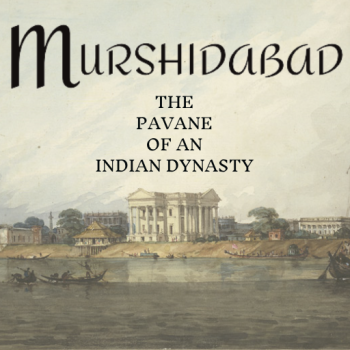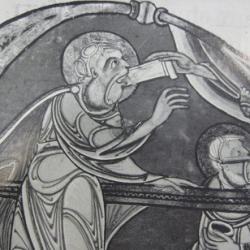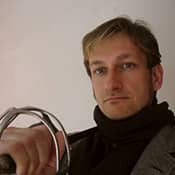2) There is no afterlife.
Bear with me. As my meditation progresses and I try to picture what I will experience the moment after I die, the only thing I can imagine is what I remember from before I was born: nothing at all. Complete oblivion. And as I reflect on that oblivion, it occurs to me that it gave way to consciousness only very gradually over the first years of my life -- at the same pace my brain developed in my physical body.
This strongly implies that without a working brain we are not conscious at all.
Is it possible that my consciousness will wake up in a different brain after I die? Sure, maybe. But it's not something you can count on. And that brings me to the real point here: if you count on afterlife beliefs to prepare yourself for death, you're not actually prepared for death.
The single most momentous effect of my meditation has been the brutal honesty with which I now confront my mortality. It's so easy, so hopeful to buy into reincarnation or the afterlife. You can make a case for it in your head that sounds so believable. People who don't believe are just cold, faithless individuals missing out on something beautiful. Right?
Not on your death bed.
I used to be a strong believer in reincarnation. But when I visualized my death, the very first thing to happen was to question, almost in a panic, whether that belief is poppycock.
In the moment you die, I suspect you too will doubt and question and wonder, have I been lying to myself this whole time? Am I really going to keep existing?
And if that's the first time you've ever truly questioned it, the moment of your death will be a difficult time indeed.
With thoughtful doubt comes a certain honesty and responsibility. If you confront the idea that we are soulless and temporary, if you make your peace with that possibility, you discover an inner strength. If it turns out you were wrong and you do get to live forever, that's a bonus. A windfall. Not a bad deal.
But the reverse doesn't work as well. If you've spent your whole life believing in your immortal soul, and suddenly in your final moment you feel your consciousness ebbing away, you have to face the idea of oblivion for the first time. Your last memory will be of tearful panic, wishing and wondering and regretting. You will terrify yourself and the loved ones gathered around you.
It's this practical effect more than anything that divides the two beliefs. Those who eschew belief in the afterlife have prepared themselves for the absolute worst, and can rejoice if they were wrong; those who insist on an afterlife have no such luxury. If in their final moment they doubt their belief, they have only terror to look forward to.
If I die on my journey, I want to be able to smile at the end. I want to be able to look back on my adventure, know that I lived my dream, and go with whatever sense of inner peace a mortal is able to muster in such moments.
Is that wildly optimistic? Or can you train for death?





